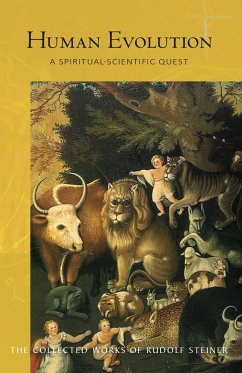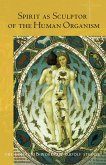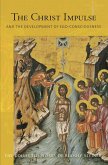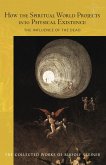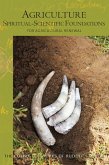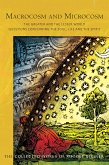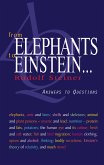Returning from travels in war-torn Europe, Steiner gives a stark impression of the conditions of the time, encouraging esoteric work as a counter to the world-situation. Steiner analyses the gulf between contemporary culture and science - which he says are characterized by 'narrow-mindedness, philistinism and ineptitude' - and a scientific approach to the spirit. The wealth of spiritual thoughts and knowledge in these lectures remain as relevant today as they did when they were first delivered.
Dieser Download kann aus rechtlichen Gründen nur mit Rechnungsadresse in A, B, BG, CY, CZ, D, DK, EW, E, FIN, F, GR, H, IRL, I, LT, L, LR, M, NL, PL, P, R, S, SLO, SK ausgeliefert werden.

